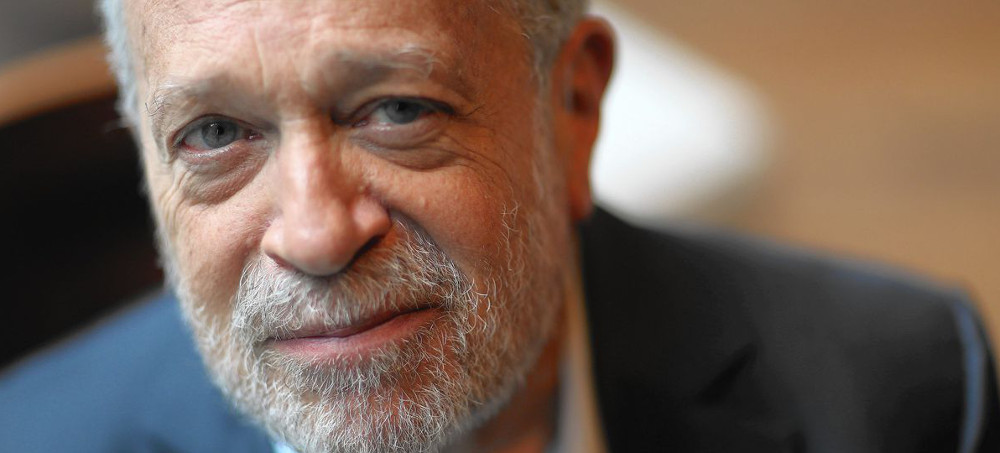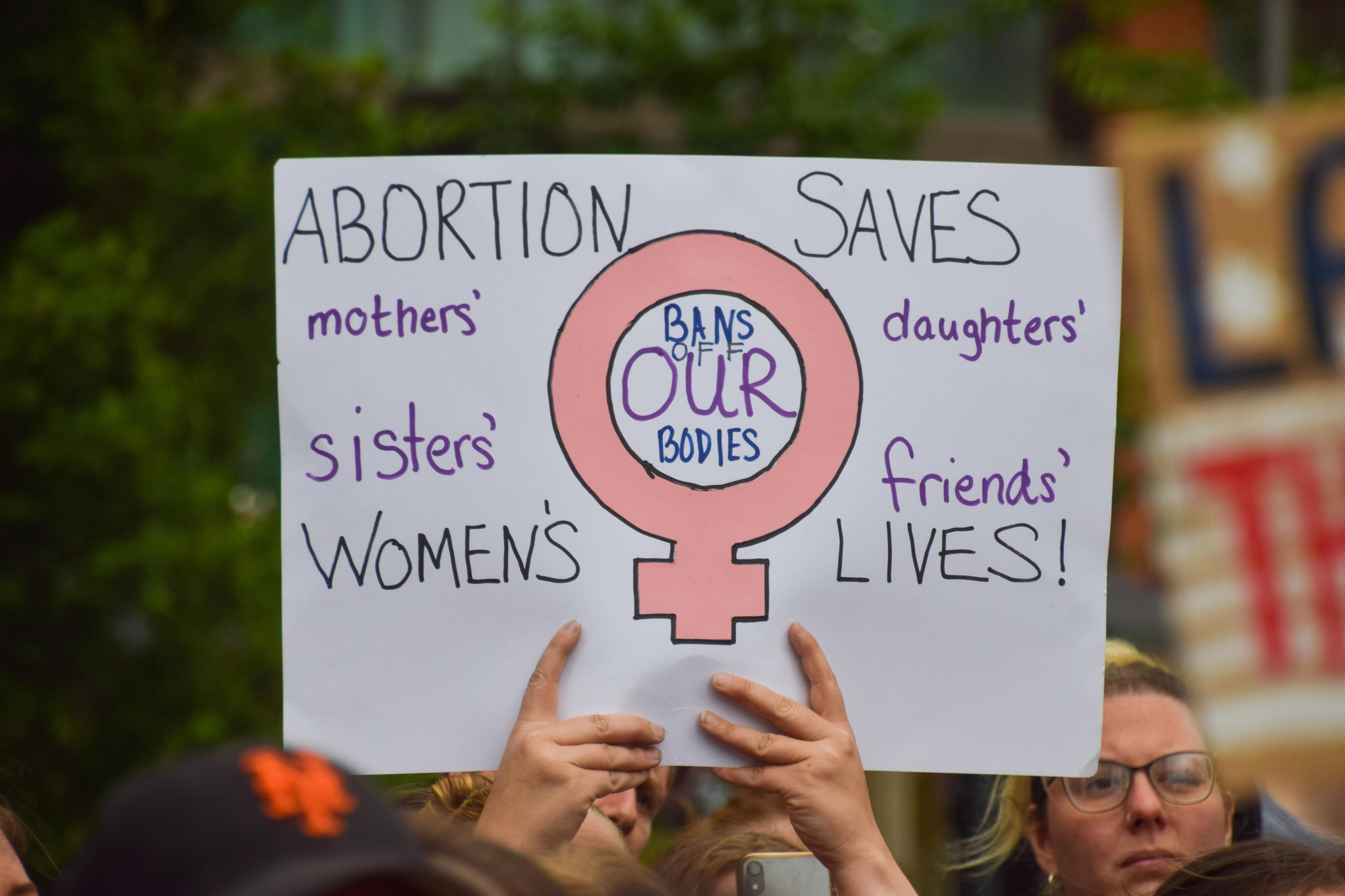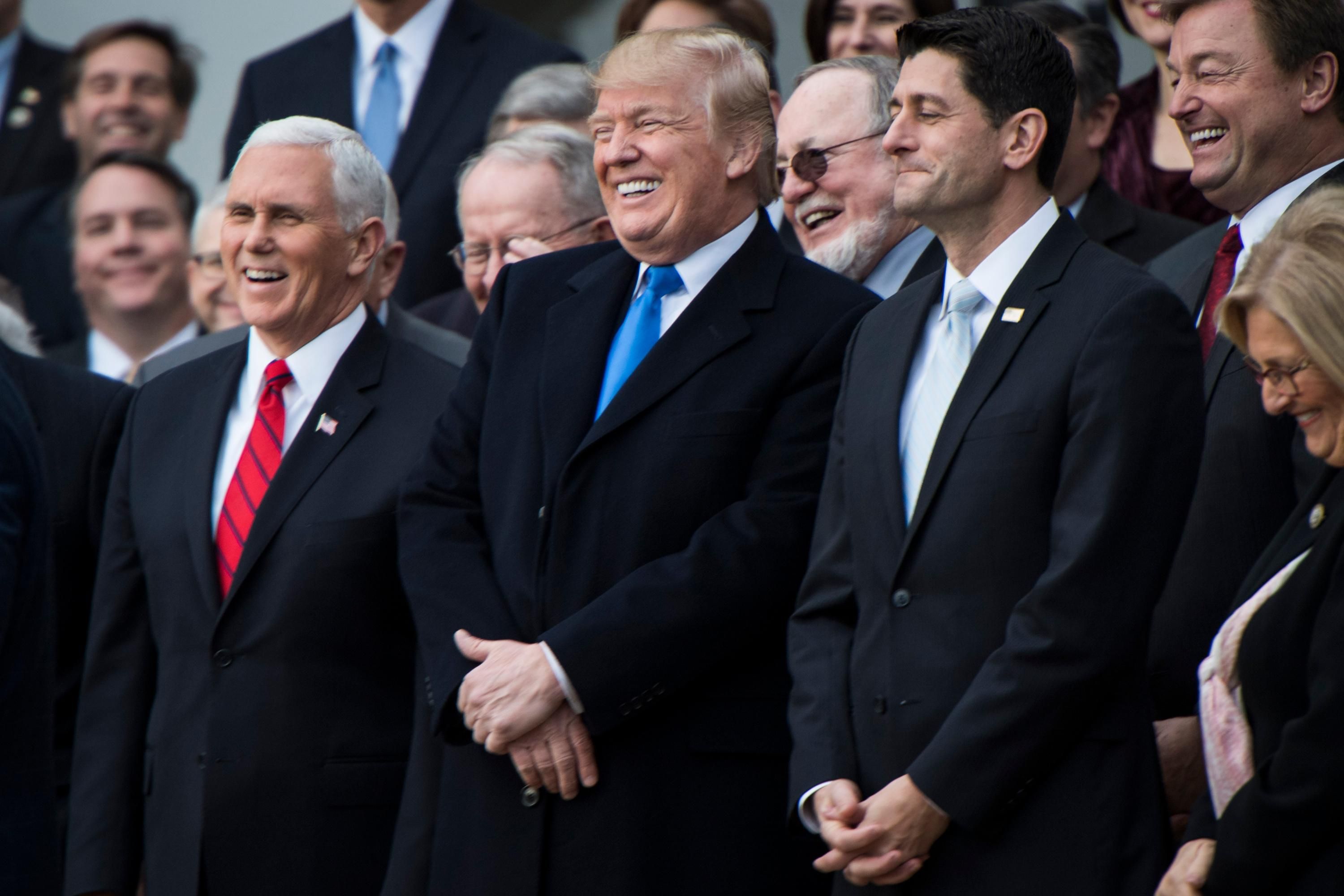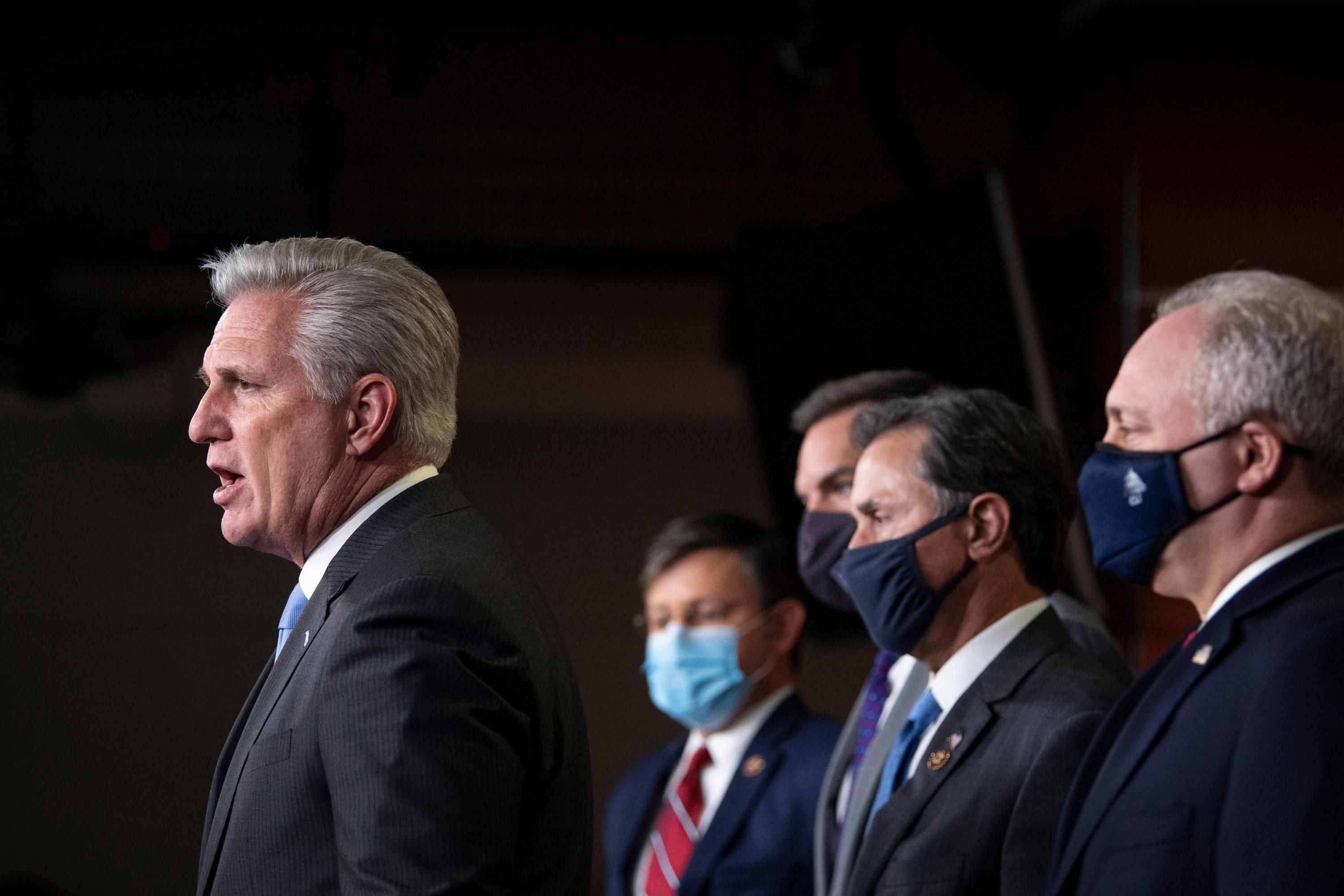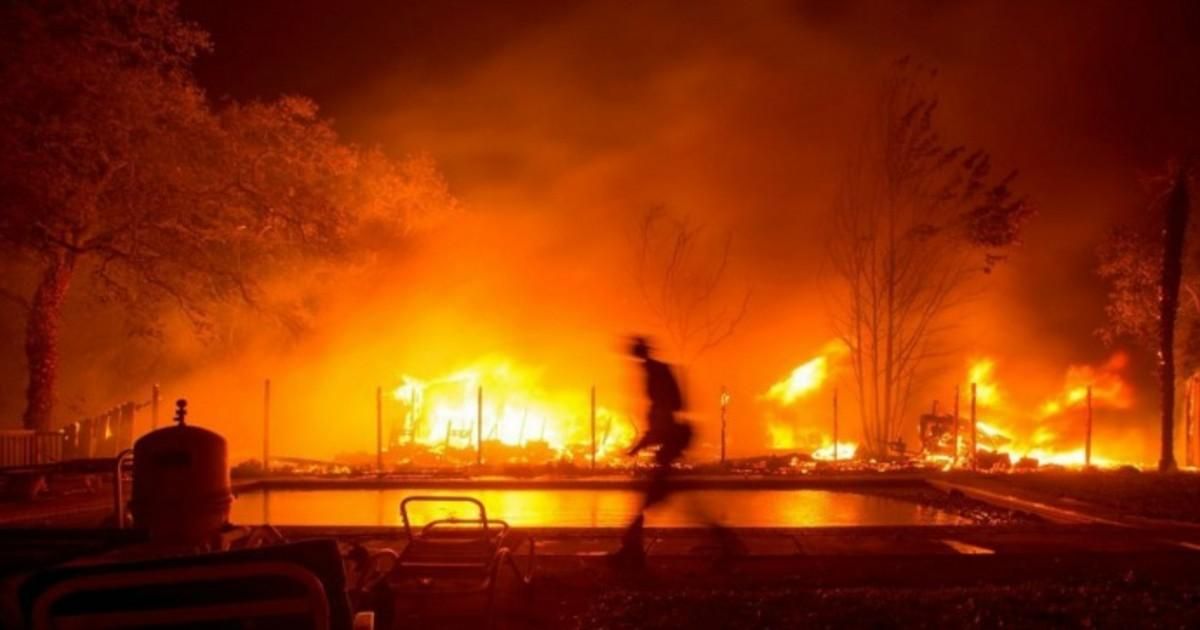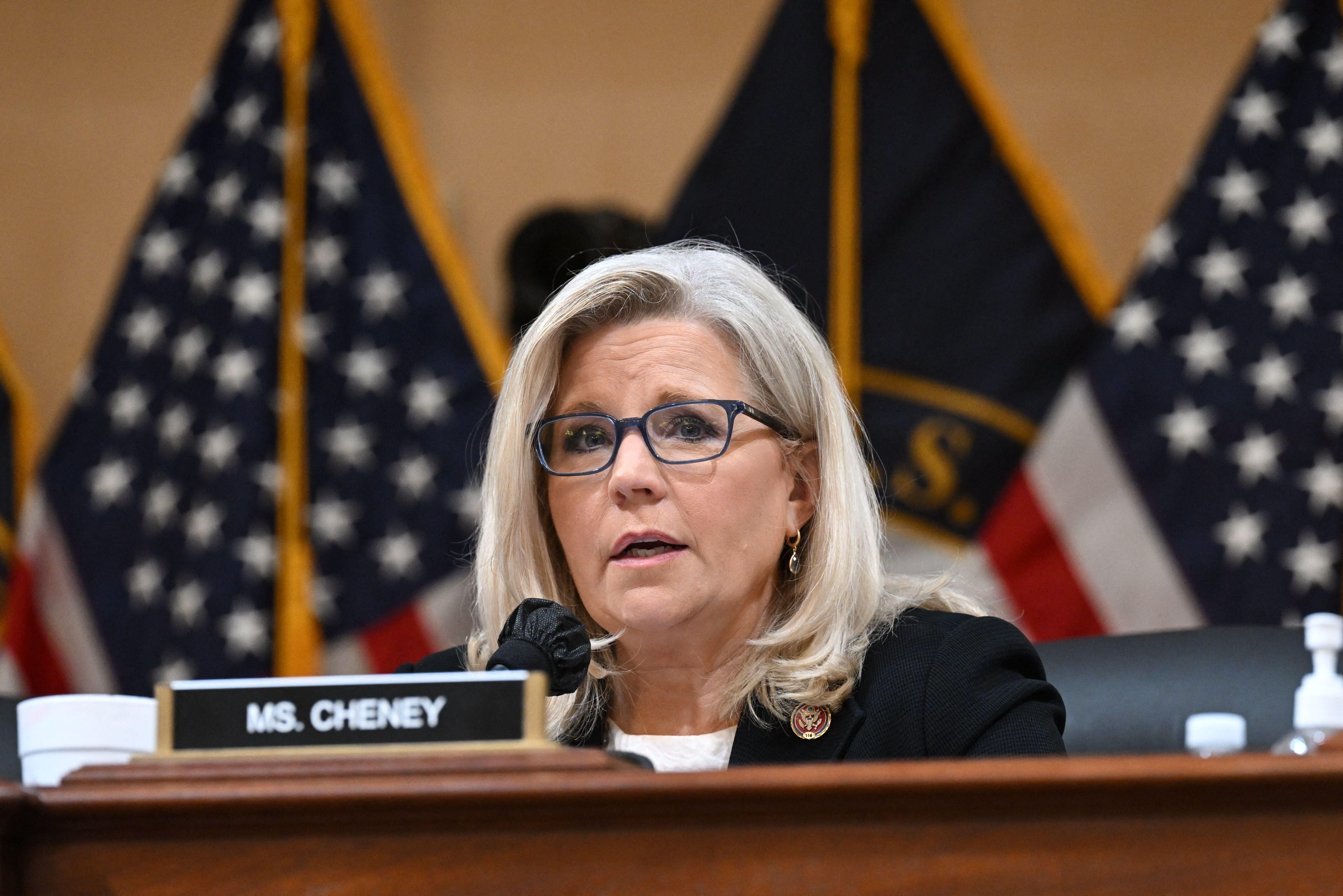
26 July 22
Live on the homepage now!
Reader Supported News
SIMPLY IGNORING FUNDING KILLS AN HONEST ORGANIZATION: People will pay a number of big corporations for “services” but they see an information watchdog as an unwelcome expense. Even as they come to learn on a daily basis. If you only support the corrupt institutions then only the corrupt institutions will remain. The funding-drive needs attention.
Marc Ash • Founder, Reader Supported News
Sure, I'll make a donation!
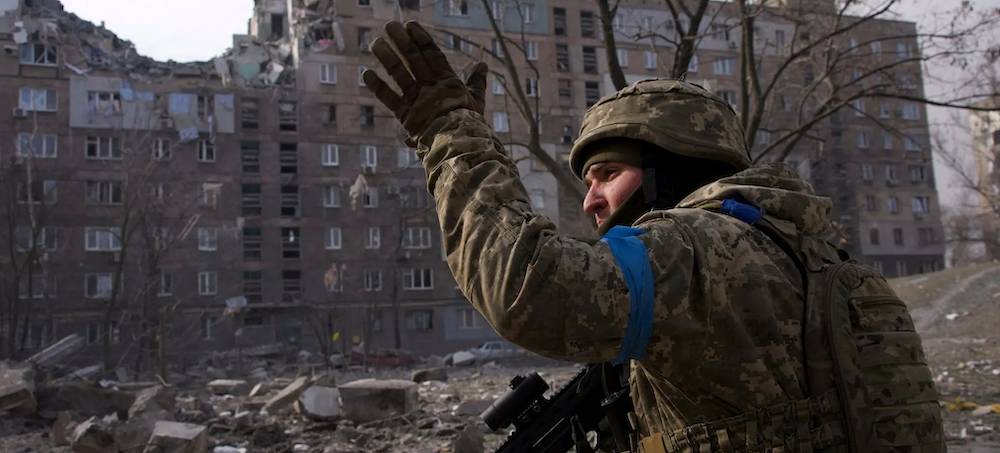
FOCUS: Timothy Snyder | The State of the Russo-Ukrainian War
Timothy Snyder, Timothy Snyder's Substack
Snyder writes: "In the last two posts, I have tried to explain what this war is and is not about. It is not about Nazis, nukes, and NATO; it is about self-rule and survival."
The TELLMES tell us that Russia is losing
In the last two posts, I have tried to explain what this war is and is not about. It is not about Nazis, nukes, and NATO; it is about self-rule and survival. Now I turn to the question of what is happening on the battlefield.
In my view, what is happening is that Russia is losing.
Russia's decision to invade Ukraine was a crime, but it was also a mistake. It is hard for any government to admit such a thing (one still awaits a judgement on America's Iraq War debacle). But it is particularly hard for a tyrant whose power rests on his image as a strong man with infallible judgement. Russia has reached the stage in the war in which it is fighting because not to fight would be embarrassing. It has reached this stage quickly.
The war only ends when Putin realizes that Russia is losing it, in the precise sense that he realizes that his personal position is threatened. In other words, it is not a direct translation from territory held or lost, or from casualties taken or inflicted, but a political conjuncture that is hard to seize precisely. Most likely, Russian defeat looks like Ukrainian battlefield momentum that changes the mood in Russia and creates visible tension within the Russian state, thereby forcing Putin to change his story. Is that possible?
It is certainly possible for Putin to change his story. He does that all the time. Indeed, it is how he rules. He changed his story the last time he invaded Ukraine and failed to meet his objectives. The shift from "the invasion of Ukraine is impossible" to "the invasion of Ukraine is inevitable" this February took place with Orwellian élan. He could reverse the narrative again (so long as things don't get too far out of control). But he won't change his story until he has to, and only Ukrainian progress will force him to do so.
Is it possible for the Ukrainians to gain the necessary momentum on the battlefield? I think that this is likely, but first I want to acknowledge something very basic. Wars are predictably unpredictable. They take place over time and on terrain, on bodies and in minds, in realms not easily captured in maps or in textbooks — and some unexpected development can intrude from some odd angle and change everything.
I believe, though, that it is most likely that Ukraine will win this war, on the basis of seven underlying factors that tend to decide the form of armed conflicts: time, economics, logistics, landscape, mode of combat, ethos, and strategy (the TELLMES). In the case of this war, we also have to consider the wild card of international public opinion.
In discussing each one of the TELLMES, I will also clarify how matters might turn a different way than I expect, making a Russian victory more likely. Then you can make up your own minds about my judgement. My thinking about all this comes from a couple of sources: my reading of military history over the decades, and my attention to the Russian and Ukrainian sources that I follow on this war. Readers might want to compare what I say with the conclusions of proper military historians -- Lawrence Freedman would be a good start.
Time. Russia was banking on a quick victory. When the quick victory is not produced, and the enemy is not humiliated, then time asserts itself, and other unforeseen factors come into play. The longer a war goes on, the more the advantages that a larger power has (or seems to have) will dissipate.
Economics. Russia is a far larger economy than Ukraine. The sanctions on Russia, in my judgement at least, will begin to matter soon, as the Ukrainian army begins to exhibit a technological superiority that Russia cannot match without (sanctioned) imports.
Russia has done much to destroy the Ukrainian economy. But Ukraine is supported by western economic power, which dwarfs both economies together. In the Second World War, not just the British but also the Soviets depended upon the American economy (a lesson that Russians have actively forgotten). In this war, American and European economic power is on the side of the Ukrainians.
But economics depends upon politics. For economics to be decisive, governments (especially the one in Berlin) have to be willing to use their economic power creatively and quickly, in ways that would be inappropriate in peacetime. German leaders need to be thinking less about building a German army in five years, and more about can be sent to Ukraine in five weeks and what can be built for Ukraine in five months. The most impressive economies in the history of the world need to prove that they can produce, for example, artillery pieces and shells on a schedule (Poland seems to have understood this).
Logistics. Ukraine is fighting the war on its own territory, which gives it logistical advantages. Soldiers and supplies do not have to be transported over great distances. Ukrainians in uniform can generally count on support from local people and from local NGOs.
Russian logistics were disastrous in the northern theater of the war in February and March, as Russia invaded from Belarus and tried and failed to take Kyiv. Russian logistics are simpler now, in the Donbas, because eastern Ukraine is contiguous with Russia, and southern Ukraine can be reached from Crimea and the Black Sea, which Russia controls. But those connections can be challenged, and indeed broken, with the right weapons.
Landscape. I can't help but notice that Russia was largely unable to take much advantage of the comparably favorable terrain of southeastern Ukraine in May and June, at a time when Ukraine did not deploy large numbers of long-range weapons received from partners. In the north Russian soldiers had to deal with natural barriers such as hills and forests. In the southeast this is not case -- and yet even so Russian progress has been very slow. And now those weapons are coming.
Mode of combat. Russian soldiers do not like to get close to Ukrainian soldiers. Russian warfare depends on artillery, on killing from a great distance. The Russians shell a position until it is unrecognizable, and then claim the rubble. This kills civilians, flattens cities, and makes whole regions wastelands, but no one in the Russian system cares about that. Ballistics comes down to a kind of math, and so far the Russians have had the advantages: more artillery pieces, more shells, sites that are out of reach.
But if the Russian advantage in artillery disappears, the war changes character. Ukraine is now getting the long-range, accurate weapons to hit Russian ammunition dumps. Russia can adjust to this, but only in ways that slow the distribution of ammunition, and thus the firing of artillery. If the right kinds of weapons continue to be delivered, Ukraine might soon be in a position to dictate the mode of combat. Russians are unlikely to fight well if they have to fight close. If Ukraine gains the advantage in artillery, we may see slow Russian retreats as commanders find themselves unable to rally troops for close combat.
Ethos. I am going to say "ethos" rather than "morale" here, since what I have in mind has deeper foundations than the mood, which can and does alter from day to day.
In the end, Russians can always retreat to Russia, and one does get the impression that many of them want to. At some point, Russian commanders might make the very reasonable point to their civilian superior that that they have many other responsibilities beyond Ukraine. In the clips that I hear, Russian commanders do not really seem to know why they are in Ukraine. Russian soldiers, by all accounts, including those of Russian military bloggers, are not highly motivated. Phone intercepts (admittedly selective) suggest a force that is happy to loot, but not to advance. Neither the Russian leadership nor the Russian population seems to care much about the tens of thousands of killed and maimed Russian soldiers, but soldiers themselves care about returning alive.
The Ukrainians, on the other hand, have nowhere else to go. The country attacking them has leaders that have openly threatened their extermination. Ukrainian soldiers often have a highly articulate account of what makes their country different from Russia. They know what they are fighting for.
Strategy. The initial Russian invasion was based upon Putin's faulty premises: that the Ukrainian state is some kind of foreign or elite imposition, and that the Ukrainian people will welcome its destruction and embrace Russian soldiers as brothers. The Russian "reasons" for fighting the war do not prepare the way for victory, but they do prepare the way for atrocity: the official line is still "denazification and demilitarization," as the foreign minister just emphasized, which means the elimination or humiliation of people Russians associate with the Ukrainian nation and state. "Denazification and demilitarization" can however only define how the war is fought, not how it will end. The Ukrainian nation and state have been altered by this war, but not in a way that benefits Russia. They have been confirmed.
Russia tried these last two months to encircle a section of the Ukrainian army in Donbas, and largely failed. It did take some territory in the region (Luhansk and Donbas oblasts), but not much. Luhansk oblast is now totally or almost totally under Russian control, but about half of Donetsk oblast is not. Most of the territory that Russia has occupied during this war was won in the first four weeks -- indeed, if you start the clock from the end of March, Ukraine has taken back more territory than it has lost (most of it north of Kyiv, but some around Kharkiv and Kherson, plus Snake Island).
Sergei Shoigu, the Russian defense minister, just called for more intense Russian attacks "in all directions," but it is not clear what this means, or how it will be achieved, or how it amounts to a strategy. Like Putin, Shoigu has no military background; he is more of a public relations specialist.
The Russian plan at this point seems to be to destroy the Ukrainian economy, to terrorize civilians with missile attacks on cities, to cut energy supplies to Europeans, and to starve Africans and Asians by blockading food exports, and hope that somehow all of the suffering lines up in Russia's favor. In other words, much of the Russian strategy for the war in Ukraine is to mount a one-country blockade of the world.
The Ukrainian plan, as far as I can surmise, seems to be to protect the physical and social existence of Ukraine, an effort that has been successful, and to counter-attack in order to win back the fertile land and strategic territory of the south (Kherson oblast), which would also break Russian supply lines and any residual image of Russian invincibility in the Russian mind.
I think that strategy matters less than the other factors, and less than people generally think, but that more coherent goals provide a certain advantage. At this point, Ukraine's goals are more coherent.
The wild card is public opinion. Opinion polls suggest a great deal of support for the war in Russia, but it seems like soft support. Thus far Asian soldiers in Russian army, poor people in the Russian army, and conscripted Ukrainian citizens have done the dying on the Russian side. Russians in the cities can more or less watch the war as a television show. That soft, televisual support does not translate into willingness to fight.
Putin is like a western leader in one sense: he is afraid to mobilize his population for war, because war is supposed to be a media event, or a spectator sport. Russia is going to great lengths to recruit people to fight in Ukraine without making much noise about it, to avoid the appearance that anything like a mobilization is happening. That Russian soft support can change if the nature of the war changes, as Putin seems to understand. His sensibility to Russian public opinion also suggests that he would, if he had to, react flexibly to defeat in Ukraine.
In Ukraine, public opinion is much more solid. The war is reality, not spectacle. The president and the armed forces are extremely popular. This seems unlikely to change in coming months.
What might be the most important variable this summer is public opinion in Europe and in North America. Russian propaganda has not convinced many people that its war of aggression and destruction was justified. It has largely given up on the three "N"s of Nazis, nukes and NATO with which it began the propaganda campaign. Propagandists have done a better job with the idea that Ukraine somehow cannot win, or that the war could be somehow brought to an end if the West stopped sending weapons.
The war has shown that the Ukrainian state (or really Ukrainian civil society) is far more resilient and functional than almost anyone would have thought. Ukraine is, in my view at least, in a position to win this war. But given the nature of its disadvantages, especially in economic power, Ukraine is vulnerable to shifts in how we think about the war. Russia's shortcut to victory, and perhaps its only route to victory, is in convincing us that Ukraine cannot win (or that the war is somehow Ukraine's fault, and that it would somehow stop if we turned away).
Our job is incomparably easier than the Ukrainians'. The Ukrainians have to demonstrate resolution of every kind. All we have to do to see things as they are, show some patience, and support the democracy that is under attack -- with the right attitude, and the right weapons. The outcome of the war might well depend upon our capacity to do that. I hope this post has helped.
READ MORE
Contribute to RSN
Follow us on facebook and twitter!
Update My Monthly Donation
PO Box 2043 / Citrus Heights, CA 95611

